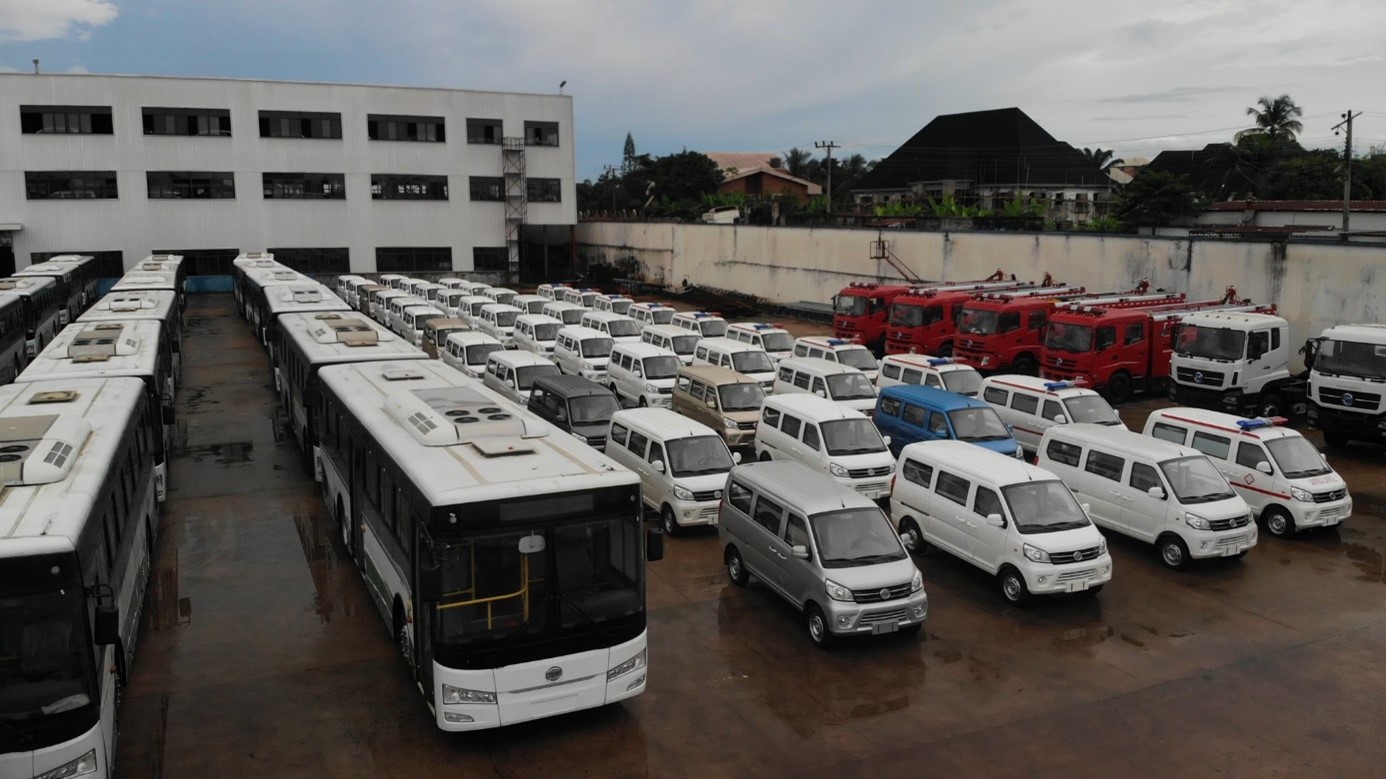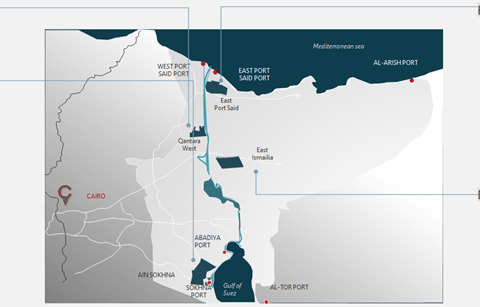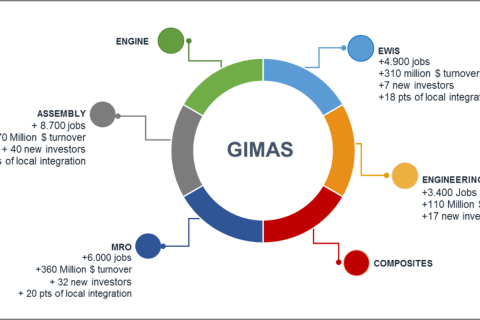
Nigeria, Africa’s largest economic and demographic power, has for over a decade pursued the ambition of building a robust domestic automotive industry capable of meeting the needs of its gigantic domestic market and reducing its chronic dependence on imported used vehicles. This project is part of a broader strategy of economic diversification and industrial job creation.
- Key industrial projects
- Innoson Vehicle Manufacturing (IVM)
Based in Umudim (Anambra State), IVM is the first 100% Nigerian manufacturer. The company assembles passenger cars, utility vehicles, and buses, adapted to local realities: affordable prices, robustness in difficult road conditions, and easy-to-maintain parts. Its current production capacity is around 10,000 to 15,000 vehicles per year, with expansion planned. - Peugeot Automobile Nigeria (PAN)
Relaunched in Kaduna, the plant assembles Peugeot models (301, 508, pick-ups) in the form of CKD (completely knocked down) kits. A plan provides for increasing volumes and gradually increasing local parts content. - Multi-brand assembly projects
Manufacturers such as Honda, Hyundai, Ford, and Nissan have set up assembly units or announced projects in partnership with Nigerian players to assemble vehicles for the domestic market.
- Innoson Vehicle Manufacturing (IVM)
- Infrastructure and logistics
Nigeria has undertaken several projects to support this industrialization:
-
- Special industrial zones(e.g. in Lekki, Ogun): host suppliers of parts, wiring, batteries, paint.
- Modernization of ports (Lagos, Onne): to facilitate the arrival of CKD kits and the possible export of vehicles.
- Highway and rail projects: intended to improve the distribution of vehicles in a large country.
- Transition and innovation
The national strategy now includes a sustainable mobility component:
-
- Encouragement of the assembly of electric buses and taxis, with pilot projects in Lagos and Abuja.
- Start of partnerships to locally develop batteries and charging infrastructure.
- Inclusion of biofuel (natural gas) vehicles in public fleet plans.
- Challenges and ambitions
Despite these initiatives, Nigeria faces major challenges:
-
- Competition from imported used vehicles, much cheaper for consumers.
- High production costs(energy, logistics, imported parts).
- Instability of industrial policies(frequent changes in customs duties and incentives).
The government aims to increase local production to 200,000 vehicles/year by 2030, with increased local content and an upscaling towards more sustainable models adapted to the West African regional market.




